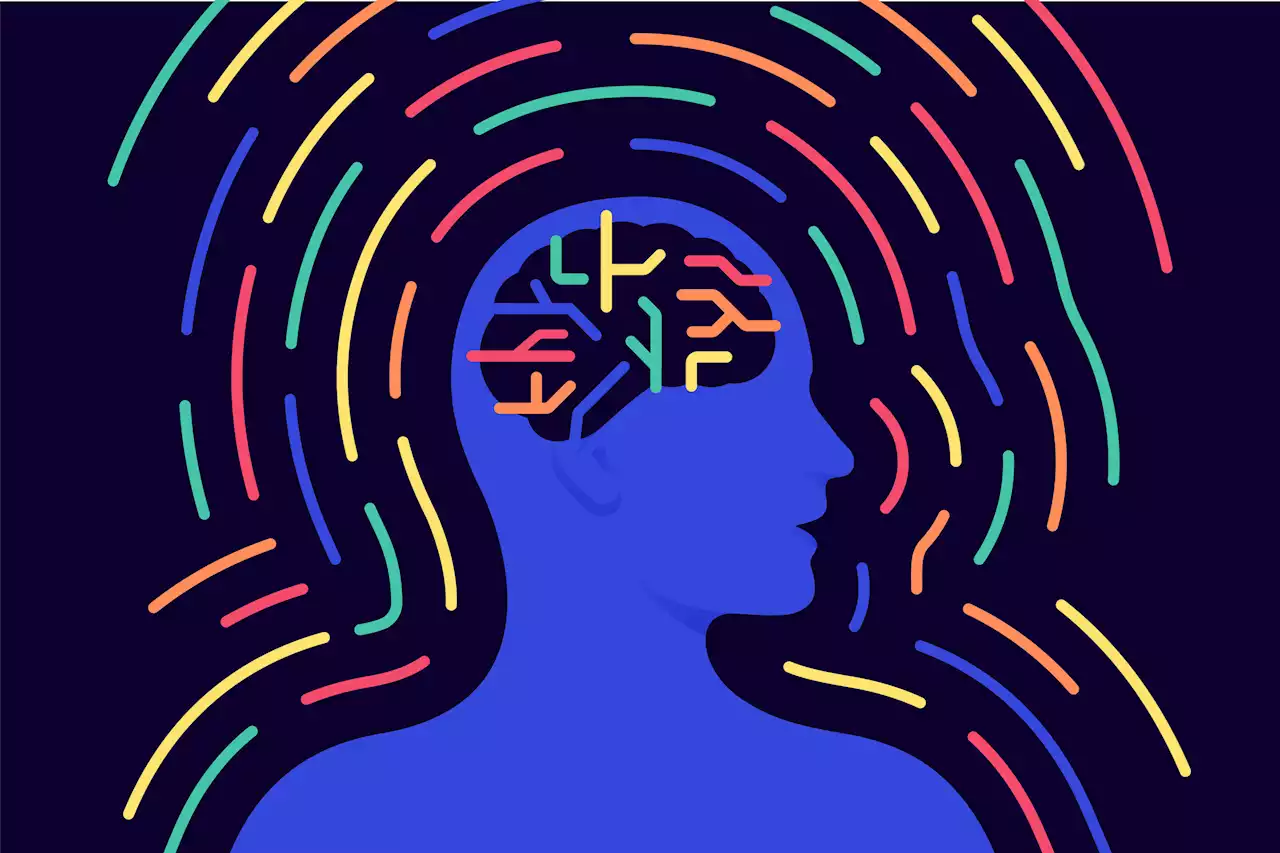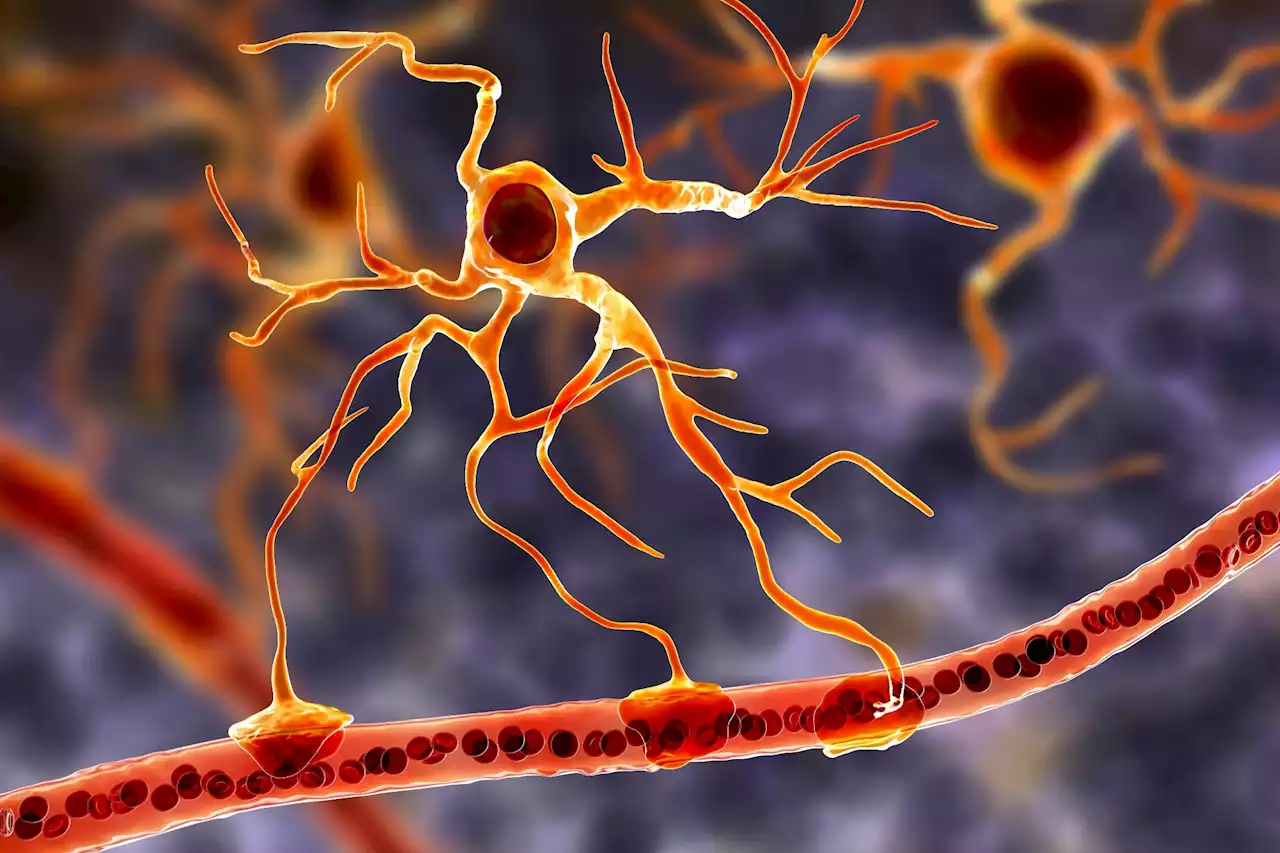Study links astrocytic TDP-43 dysfunction to cognitive decline in dementia: Unlocking potential therapeutic strategies TDP43 Astrocytes Neurodegenerative CXCR3 Chemokines MemoryLoss BrainResearch Alzheimers lDementia ScienceAdvances
Reviewed by Danielle Ellis, B.Sc.Apr 20 2023 People with dementia have protein build-up in astrocytes that may trigger abnormal antiviral activity and memory loss, according to a preclinical study by a team of Weill Cornell Medicine investigators.
"Astrocyte dysfunction alone can drive memory loss, even when neurons and other cells are otherwise healthy," said co-senior author Dr. Anna Orr, the Nan and Stephen Swid Assistant Professor of Frontotemporal Dementia Research in the Feil Family Brain and Mind Research Institute and a member of the Helen and Robert Appel Alzheimer's Disease Research Institute at Weill Cornell Medicine.
When the investigators, including first author Dr. Avital Licht-Murava, a former postdoctoral associate in the Orr lab, examined tissue samples from deceased individuals who were diagnosed with either Alzheimer's disease or frontotemporal dementia, they found an accumulation of a protein called TDP-43 in astrocytes within the hippocampus, a brain region crucial for memory.
"Blocking CXCR3 reduced neuronal firing in individual neurons and eliminating CXCR3 in mice by genetic engineering alleviated cognitive deficits caused by astrocytic TDP-43 build-up," Dr. Adam Orr said. These experiments demonstrate that impaired astrocytes can have a detrimental role in dementia, he said."For effective therapeutics, we need to consider astrocytes along with neurons," Dr. Anna Orr said.
Österreich Neuesten Nachrichten, Österreich Schlagzeilen
Similar News:Sie können auch ähnliche Nachrichten wie diese lesen, die wir aus anderen Nachrichtenquellen gesammelt haben.
 COVID-19's hidden toll: Study reveals greater mortality disparities for people with intellectual disabilitiesResearch examines the impact of the COVID-19 pandemic on people with intellectual disabilities in the Netherlands. It shows that the mortality risk from COVID-19 was higher in people with intellectual disabilities than in the general population, and overall mortality disparities were further exacerbated during the first 2 years of the pandemic.
COVID-19's hidden toll: Study reveals greater mortality disparities for people with intellectual disabilitiesResearch examines the impact of the COVID-19 pandemic on people with intellectual disabilities in the Netherlands. It shows that the mortality risk from COVID-19 was higher in people with intellectual disabilities than in the general population, and overall mortality disparities were further exacerbated during the first 2 years of the pandemic.
Weiterlesen »
 Unlocking the potential of RNA lipid nanoparticles to revolutionize cancer treatmentThis paper discusses the use of RNA lipid nanoparticles for cancer immunotherapy, which has shown promising results in clinical use. However, only a small percentage of patients respond to existing immunotherapies, and the paper explores opportunities for improvement.
Unlocking the potential of RNA lipid nanoparticles to revolutionize cancer treatmentThis paper discusses the use of RNA lipid nanoparticles for cancer immunotherapy, which has shown promising results in clinical use. However, only a small percentage of patients respond to existing immunotherapies, and the paper explores opportunities for improvement.
Weiterlesen »
 Rising type 2 diabetes cases driven by three foods, new study findsPoor diet is contributing to worldwide rising cases of the disease - and certain foods have played a bigger role in the increase.
Rising type 2 diabetes cases driven by three foods, new study findsPoor diet is contributing to worldwide rising cases of the disease - and certain foods have played a bigger role in the increase.
Weiterlesen »
 Exercise can boost memory and help treat Alzheimer's, new study findsScientists examined how the chemicals released by working out benefits the brain - and findings left them surprised.
Exercise can boost memory and help treat Alzheimer's, new study findsScientists examined how the chemicals released by working out benefits the brain - and findings left them surprised.
Weiterlesen »
 Mind-body connection is built into brain, study suggestsCalm body, calm mind, say the practitioners of mindfulness. A new study by researchers at Washington University School of Medicine in St. Louis indicates that the idea that the body and mind are inextricably intertwined is more than just an abstraction. The study shows that parts of the brain area that control movement are plugged into networks involved in thinking and planning, and in control of involuntary bodily functions such as blood pressure and heartbeat. The findings represent a literal linkage of body and mind in the very structure of the brain.
Mind-body connection is built into brain, study suggestsCalm body, calm mind, say the practitioners of mindfulness. A new study by researchers at Washington University School of Medicine in St. Louis indicates that the idea that the body and mind are inextricably intertwined is more than just an abstraction. The study shows that parts of the brain area that control movement are plugged into networks involved in thinking and planning, and in control of involuntary bodily functions such as blood pressure and heartbeat. The findings represent a literal linkage of body and mind in the very structure of the brain.
Weiterlesen »
